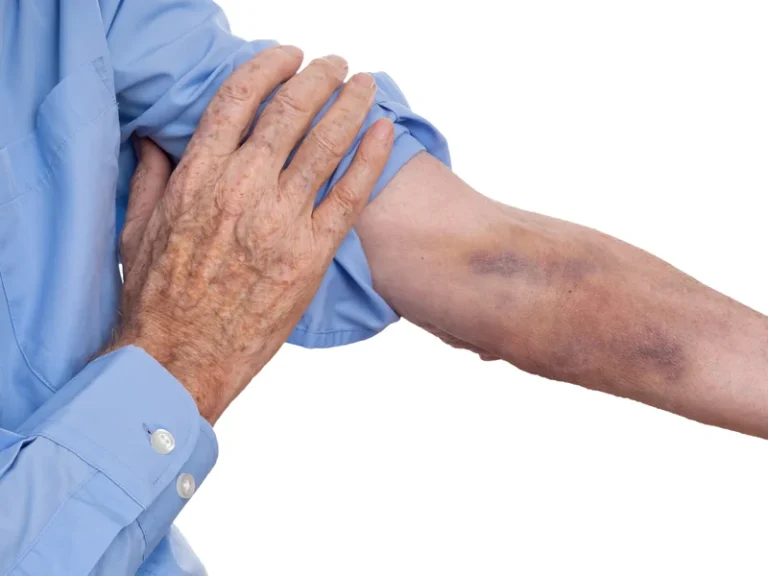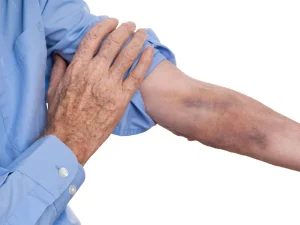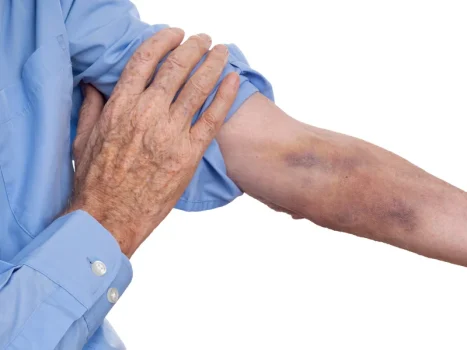

Over time, the elevated calorie intake related to alcohol consumption can lead to obesity, a higher risk for developing diabetes, high blood pressure, and heart failure. Binge and heavy drinking may cause a stroke or sudden cardiac death as well. Red wine contains a substance called resveratrol, an antioxidant flavonoid that may lower bad cholesterol levels and thereby minimize the potential for blood clots. Antioxidants amphetamine addiction treatment called polyphenols, of which resveratrol is one, may aid in the protection of the lining of blood vessels within the heart as well. While alcohol may have blood thinning effects, it may also increase the risk of cardiovascular conditions and blood clots.
- Pancreatitis can be a short-term (acute) condition that clears up in a few days.
- Keep reading to learn more about this blood-thinning effect, how alcohol interacts with blood-thinning medications, and more.
- Before we dive into how alcohol thins your blood, it’s important to note what is considered moderate and heavy drinking.
Moderate Alcohol Consumption and Heart Health


Usually, this after three or more drinks are consumed in a single sitting. For healthy individuals, this rise in blood pressure is temporary. According to research, moderate consumption of alcohol has been found to cause a small increase in your HDL (good) cholesterol. Traumatic injuries are one of the most common causes of bleeding, but sometimes you can bleed spontaneously. According to the Centers for Disease Control and Prevention (CDC), 12 ounces of beer, 5 ounces of wine, and 1.5 ounces of 80-proof alcohol constitute one drink.


Can You Drink Alcohol While on Blood Thinners?


Therefore, a person should speak with a healthcare professional about whether it is safe for them to drink alcohol while taking medications. A 2017 review explains that alcohol consumption has complex and varying effects on platelets, which are small blood cells that initiate the coagulation cascade, causing blood to clot. But having more than three alcoholic drinks daily could increase your risk for a type of stroke caused by bleeding in the brain (hemorrhagic strokes). But sometimes, a blood clot can form in — or travel to — an artery that supplies your heart or brain with oxygen-rich blood. Vitamin K helps make 4 of the 13 proteins needed for blood clotting, particularly prothrombin, which is converted to thrombin during the clotting process.


Ask the Expert: Common Questions About Alcohol and Blood Thinners
Blood clots in thickened arteries or veins are often what contributes to heart attacks and strokes. By reducing the likelihood that these blood cells will stick together and form a clot, alcohol may then “thin” the blood and help to prevent cardiac complications. Acting as a blood thinner, alcohol can then also lower the risk for a stroke, which is when there is a reduced flow of blood to the brain due to blocked or narrowed arteries. Understanding how alcohol affects blood thinning is essential for individuals who may be taking anticoagulant medications or those with existing circulatory conditions.
There are a number of factors that determine how dangerous alcohol consumption is while taking blood thinners. It should also be noted that the amount of alcohol provided in this study (mixed with soft drinks) equaled that typically consumed in one or two drinks. How long the reduced clotting processes (due to thinner blood) remained in effect was not the focus of the study, and further research is required. However, a blood clot can sometimes develop in, or travel to, an artery that delivers oxygen-rich blood to your heart or brain.


- The effects of alcohol in the reduction of blood clotting were more pronounced in the female participants of the study than their male counterparts.
- Replacing that medication with alcohol does not provide the effects the doctor was aiming for.
- Never attempt self-medication or else you may unknowingly worsen your condition.
- Your doctor should explain these important facts to you, along with information about your specific health status.
- However, moderate consumption doesn’t significantly affect the metabolism of warfarin.
However, this exact mechanism may increase your risk of bleeding from strokes. It’s especially true when you drink alcohol in large quantities. Alcohol is mostly broken down in the liver, which serves to filter out toxins from the blood. Alcohol can stimulate the liver to then increase production of HDL (high-density lipoprotein cholesterol), which can then work to break down LDL (low-density lipoprotein cholesterol). HDL is considered “good” cholesterol while LDL is classified as “bad” cholesterol, a buildup of which can be a contributing does alcohol thin your blood factor in a heart attack. So, in a sense, alcohol can help to create a healthy balance of good cholesterol versus bad cholesterol, further lowering the odds for a heart attack or stroke.
